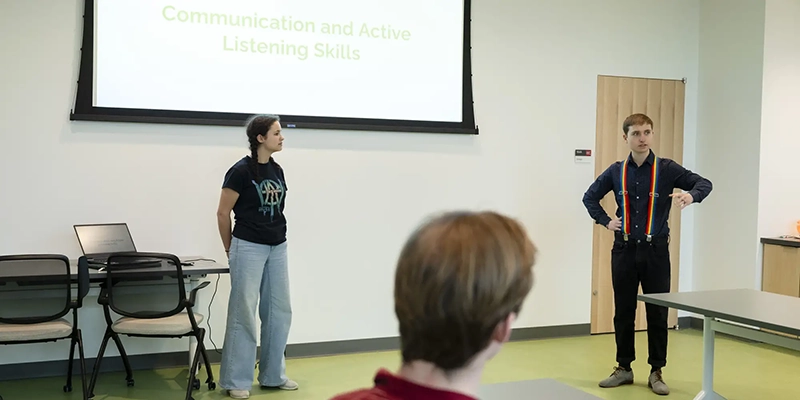Carnegie Mellon University is shaping the world of tomorrow.
From ubiquitous Wi-Fi to smart appliances, the origins of our technology-infused world can be traced back to Carnegie Mellon. The innovations that will become part of our daily lives in five, 10 or even 20 years are being created in CMU’s labs, makerspaces and classrooms today. We are defined and inspired by that call to serve the needs and advance the interests of our state, nation and world.
Check out highlights of Carnegie Mellon’s current innovations and achievements in several key areas of impact.
Explore Work that Matters
Carnegie Mellon University is where researchers, scholars and artists come together to build new tools and work across disciplines to make sure technology serves society and fuels economic opportunity. Visit CMU's research impact website


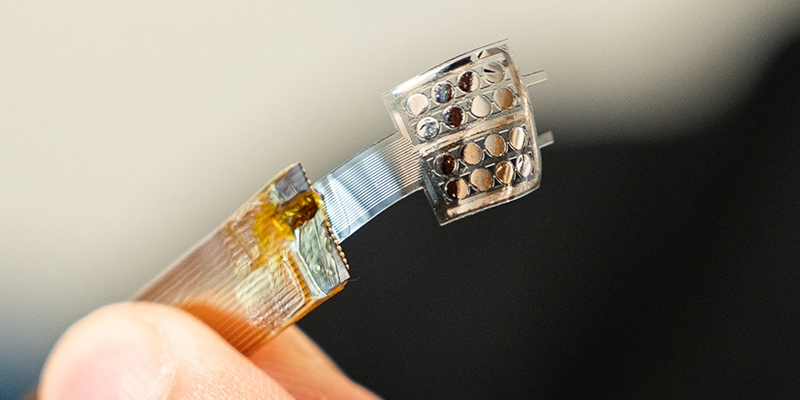


 Easier upcycling.
Easier upcycling.
Thanks to CMU expertise in chemistry and computational modeling, a seed grant project by Associate Professor of Chemistry Stefanie Sydlik and Assistant Professor of Civil and Environmental Engineering Gerald Wang is giving plastics a new lease on life. The duo is working on making polymer composites that can be revived back to food grade quality and then degrade more easily at the end of their lifecycle, potentially reducing waste in a big way.
 Practice makes perfect.
Practice makes perfect.
While lectures are often considered a key element in teaching, research from CMU's School of Computer Science demonstrates that doing practice problems with feedback can help students learn better and faster — which could lead to more opportunities for students in the future.


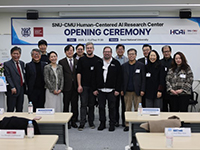 AI for good.
AI for good.
Carnegie Mellon University and Seoul National University are collaborating to advance human-centered AI research that prioritizes human well-being, accessibility and social responsibility with the new SNU-CMU Human-Centered AI Research Center.
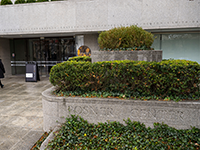 Advancing libraries in the digital era.
Advancing libraries in the digital era.
The Posner Foundation recently committed $8 million to support the University Libraries Special Collections, which is the university’s repository for rare books, manuscripts and early calculating devices and cryptographic machines. The funds will be used to renovate the Posner Center for Special Collections and support the care, display and use of the collections.


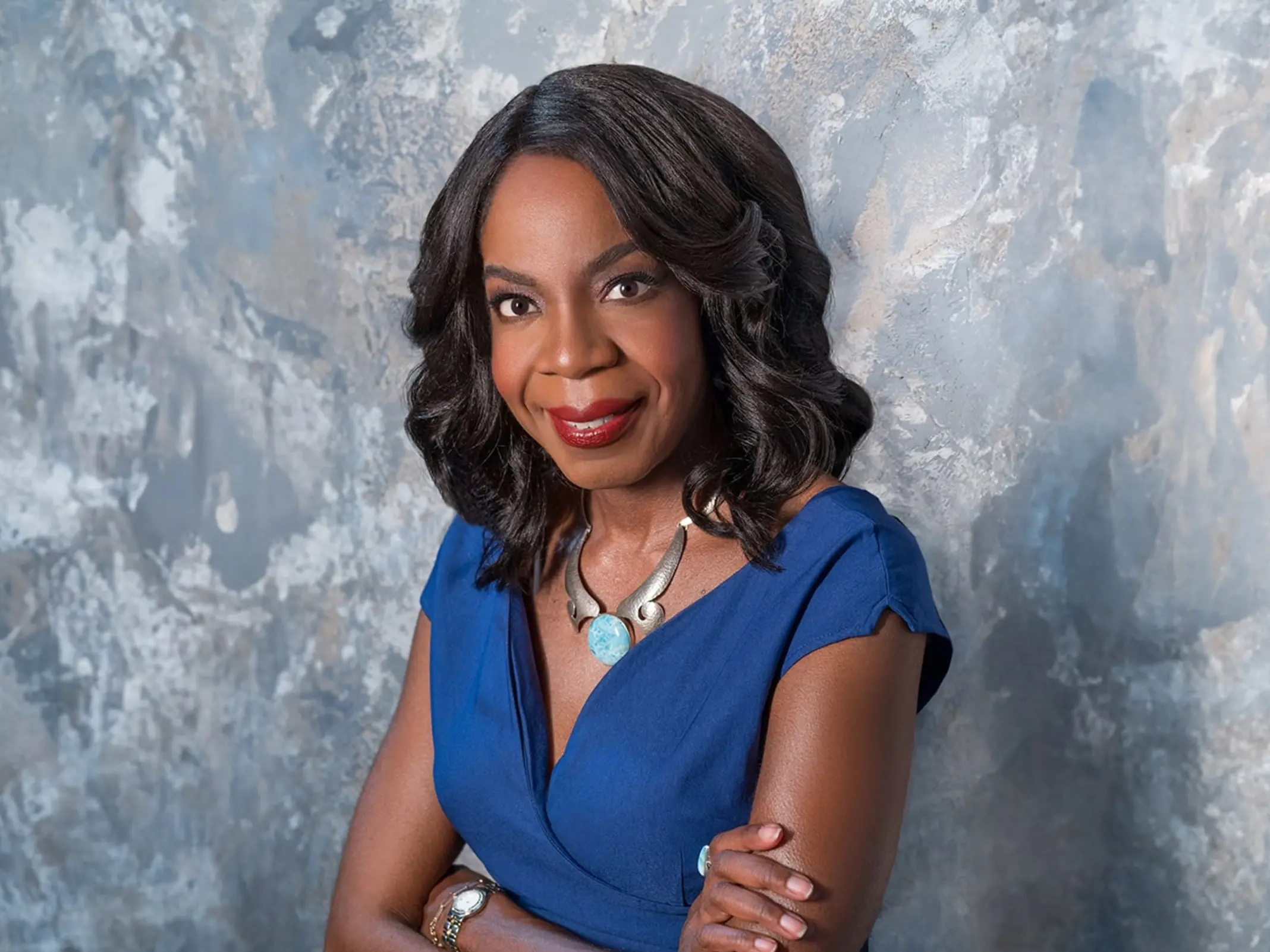 Recounting rebellion.
Recounting rebellion.
CMU professor Edda Fields-Black spent years researching and writing "COMBEE: Harriet Tubman, the Combahee River Raid and Black Freedom during the Civil War," which illuminates the little known history of a rebellion led by Harriet Tubman that freed 756 enslaved people. The book was recently honored with the 2025 Pulitzer Prize in history.
 Bravo!
Bravo!
When you enjoy a Broadway show in Seattle or Pittsburgh (and all points in between), an entire industry of people are needed to make that happen — and you’ll find alumni from the Heinz College’s Master of Arts Management program at every level bringing the performing arts to venues across the country.




